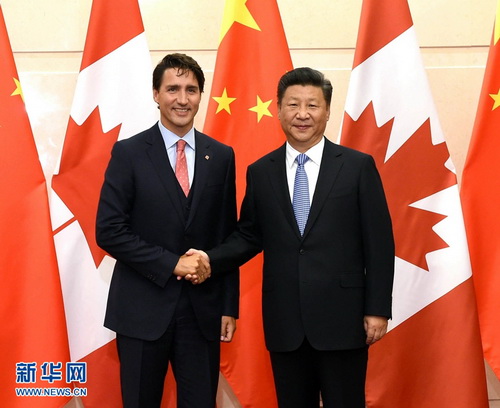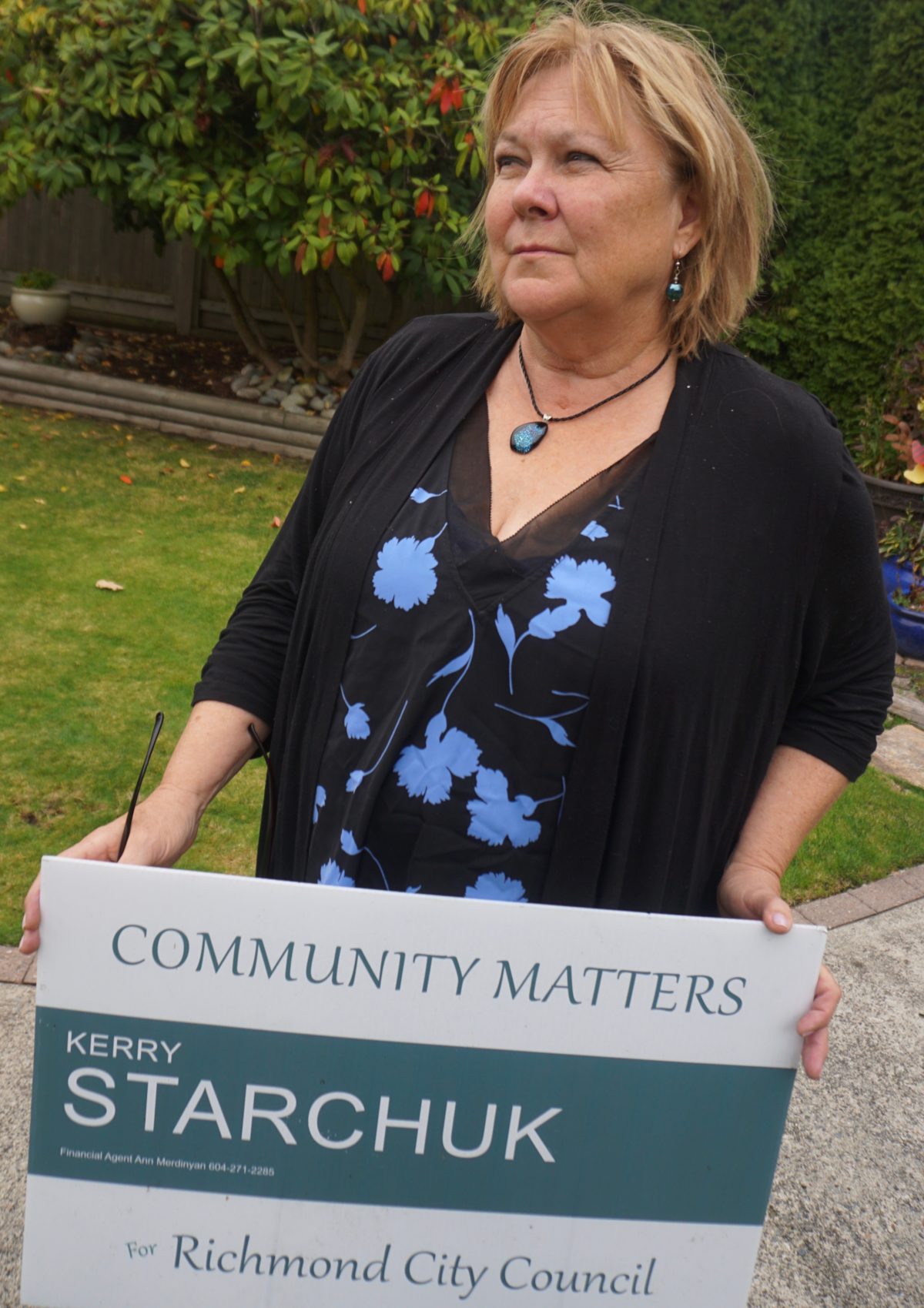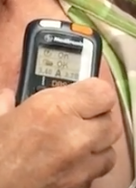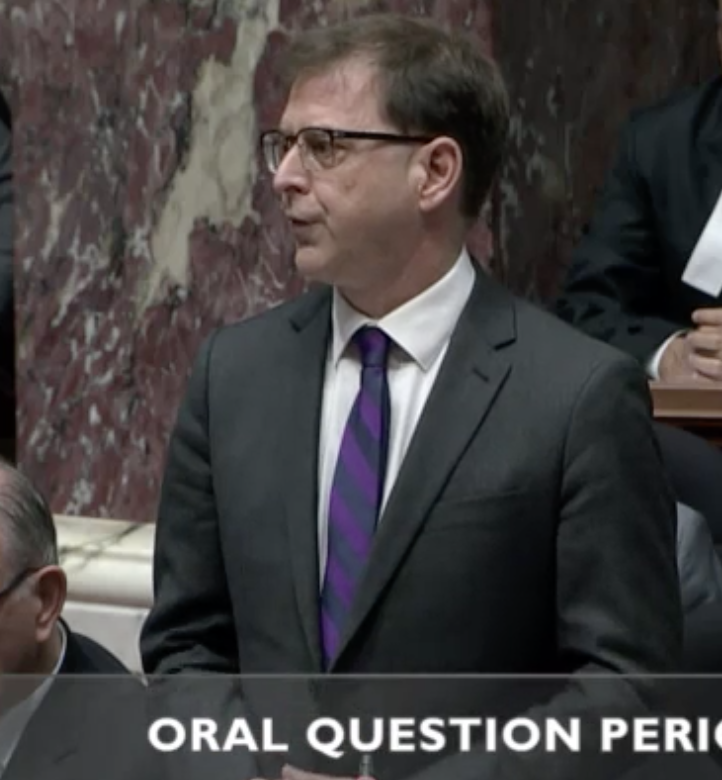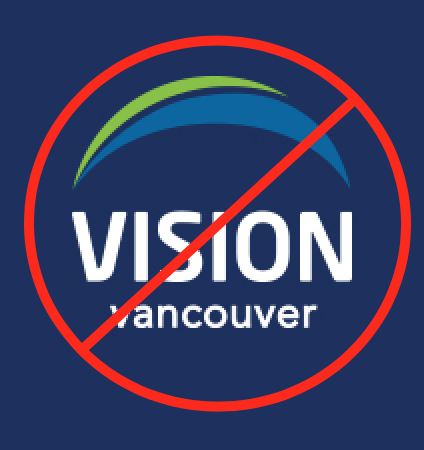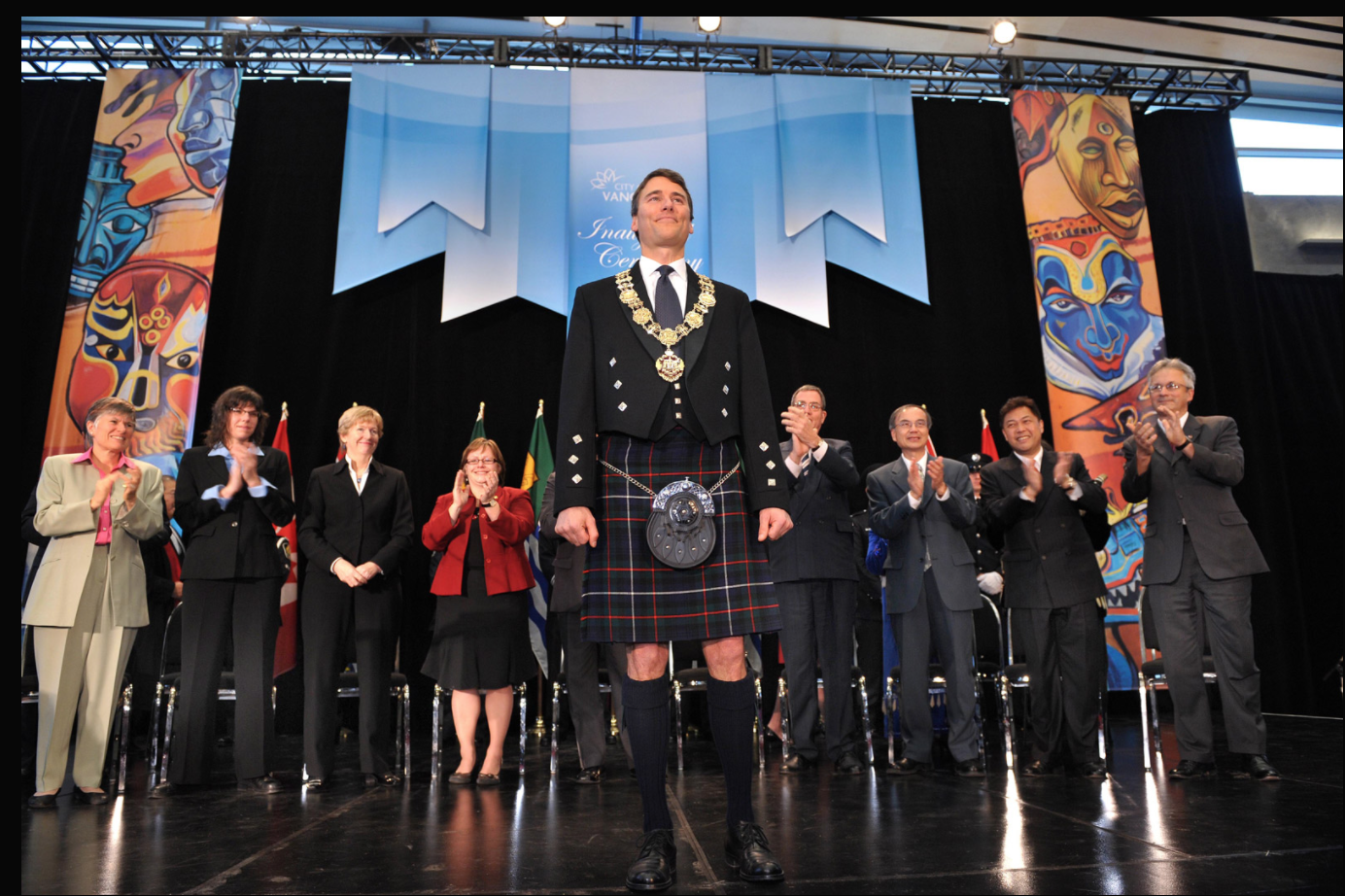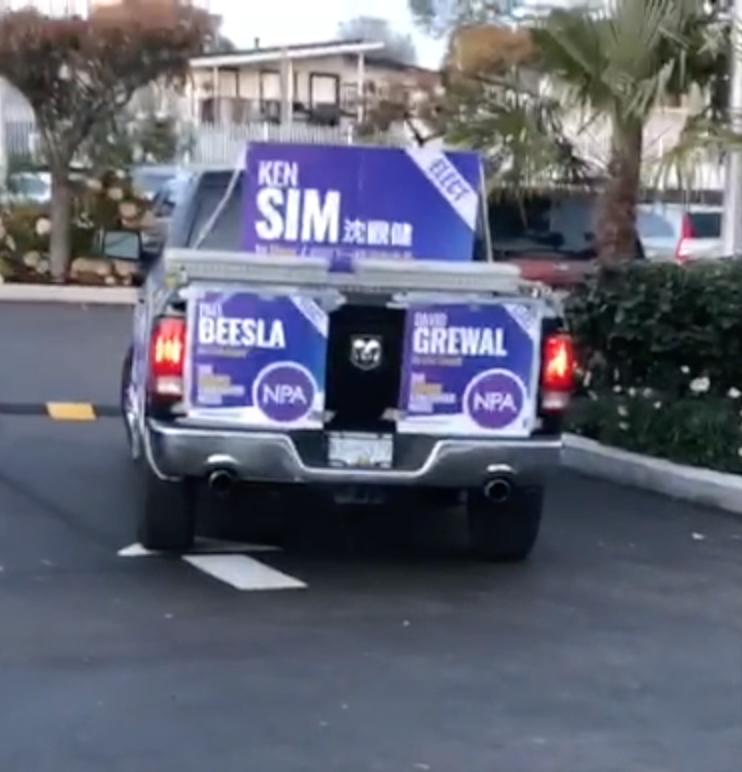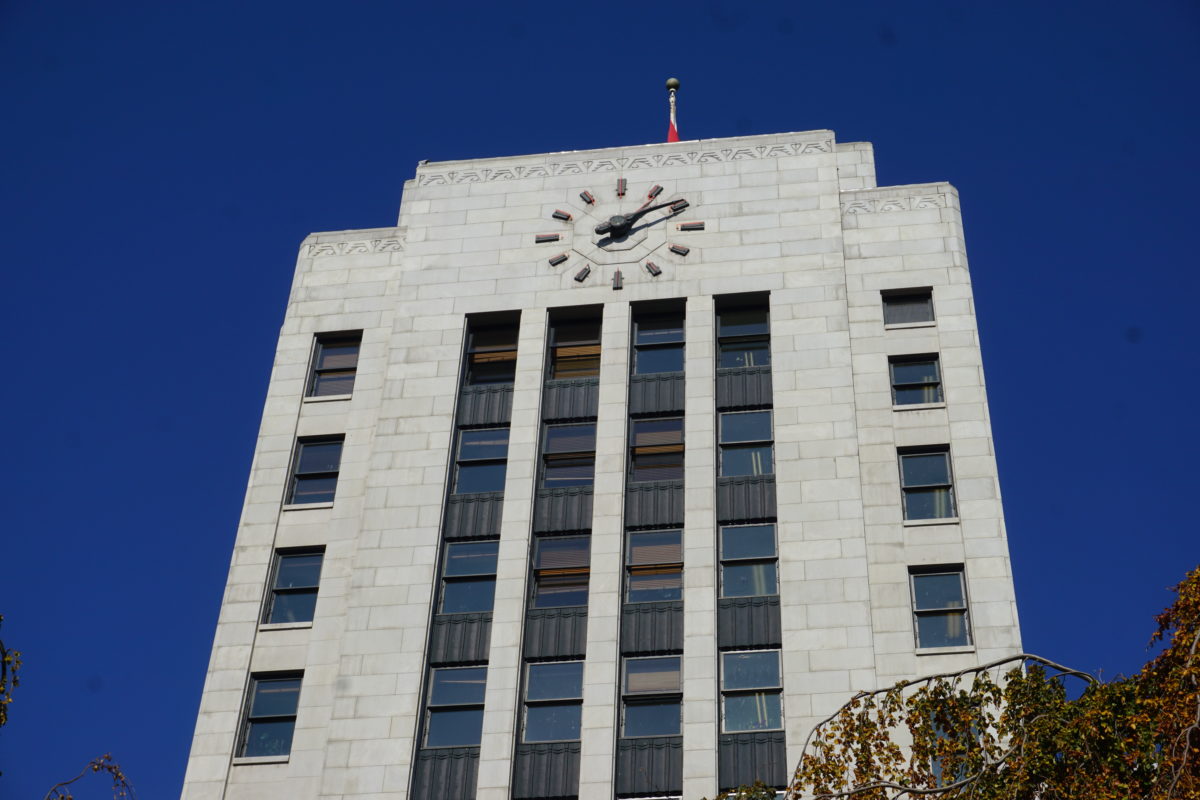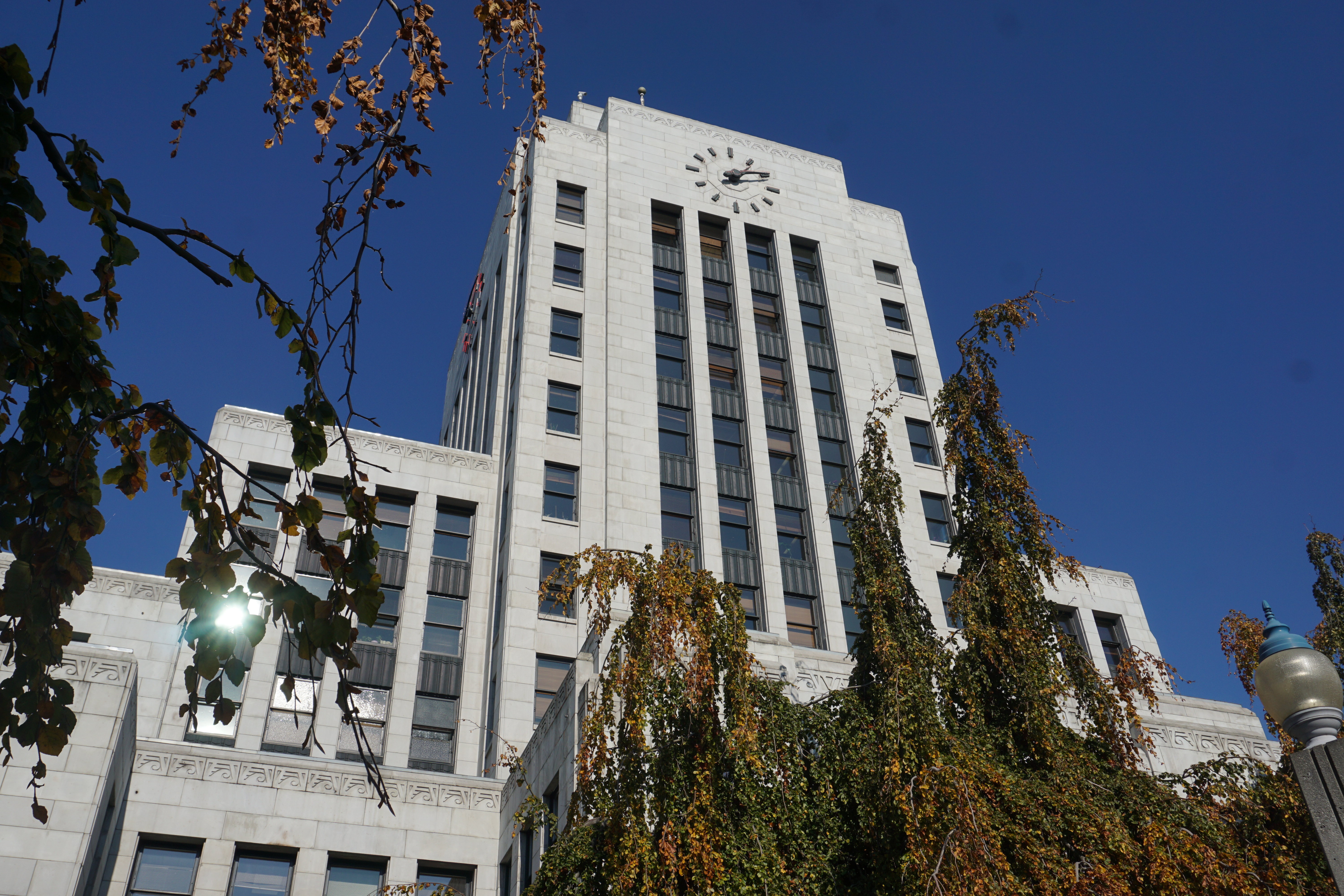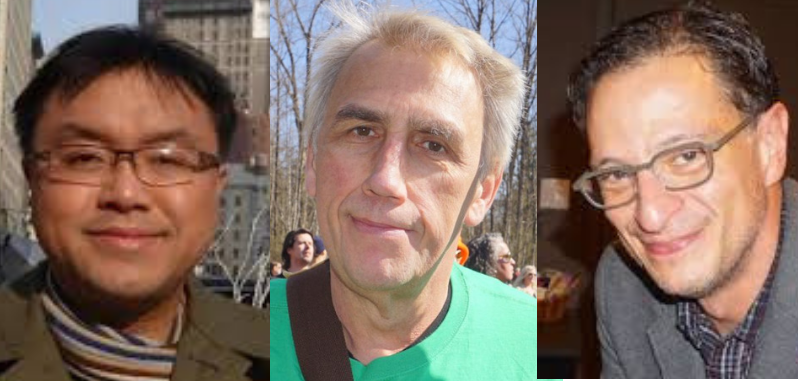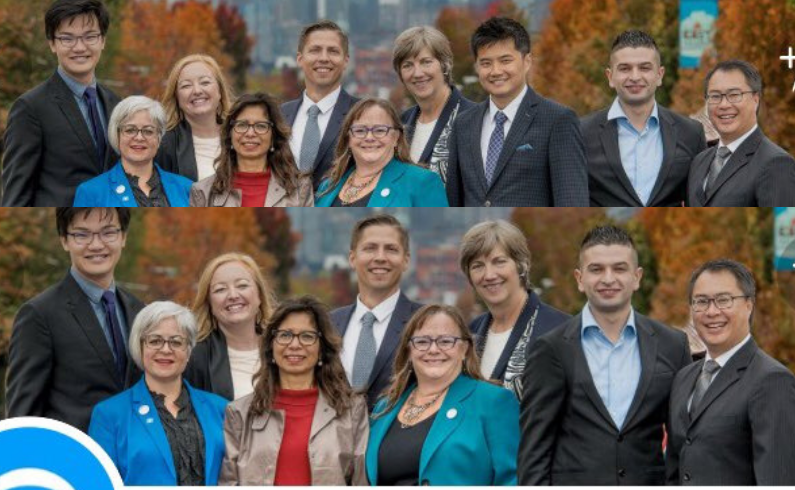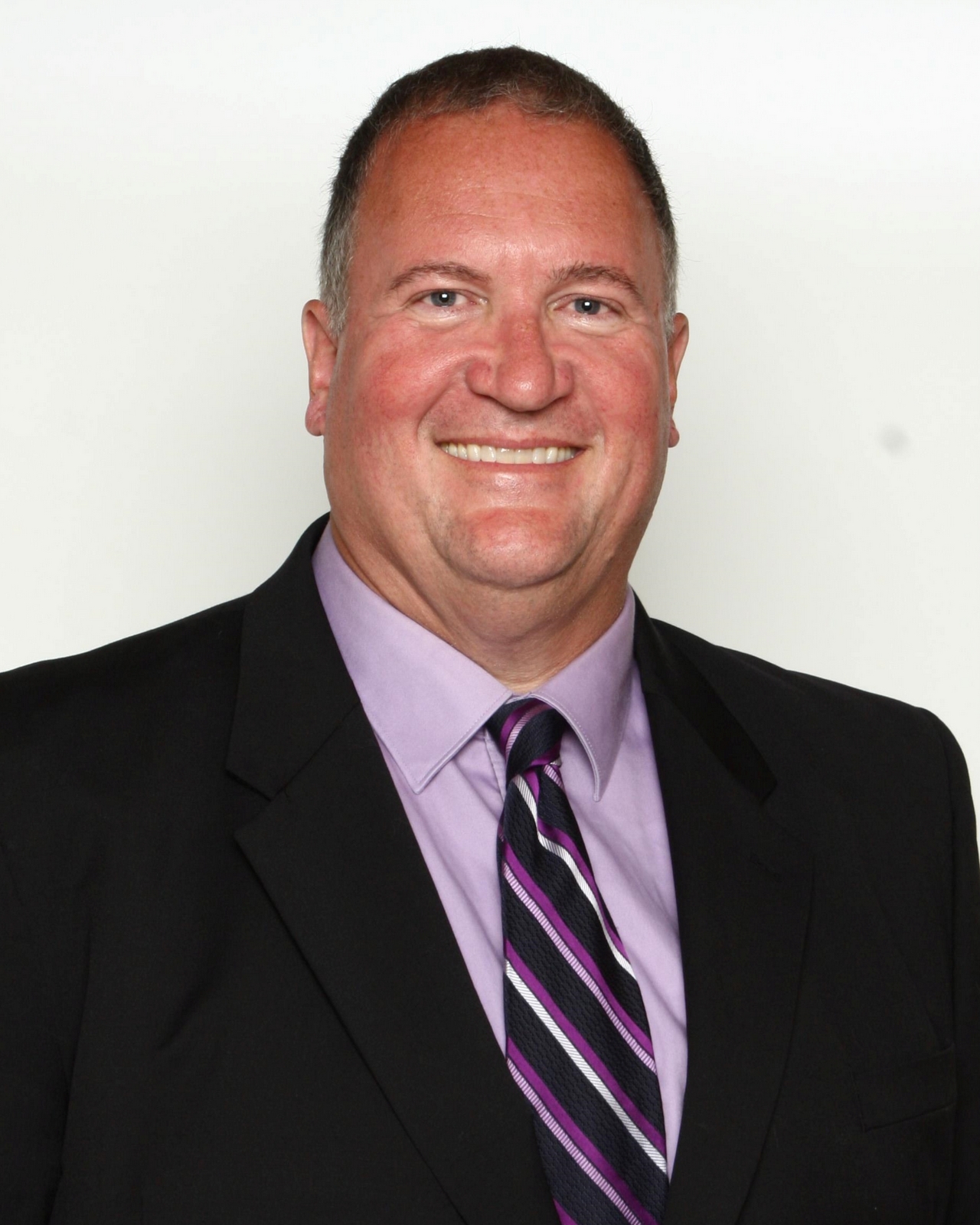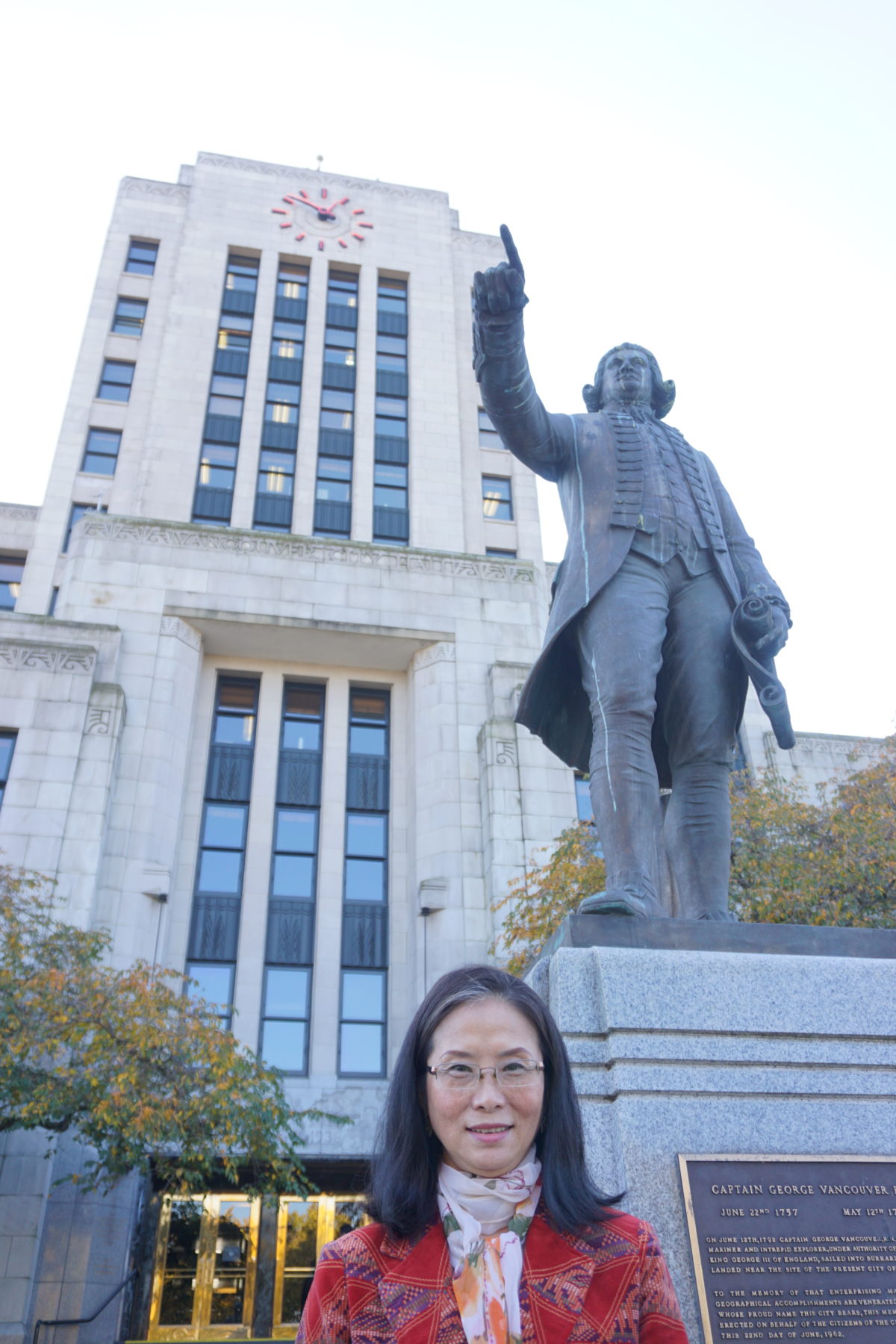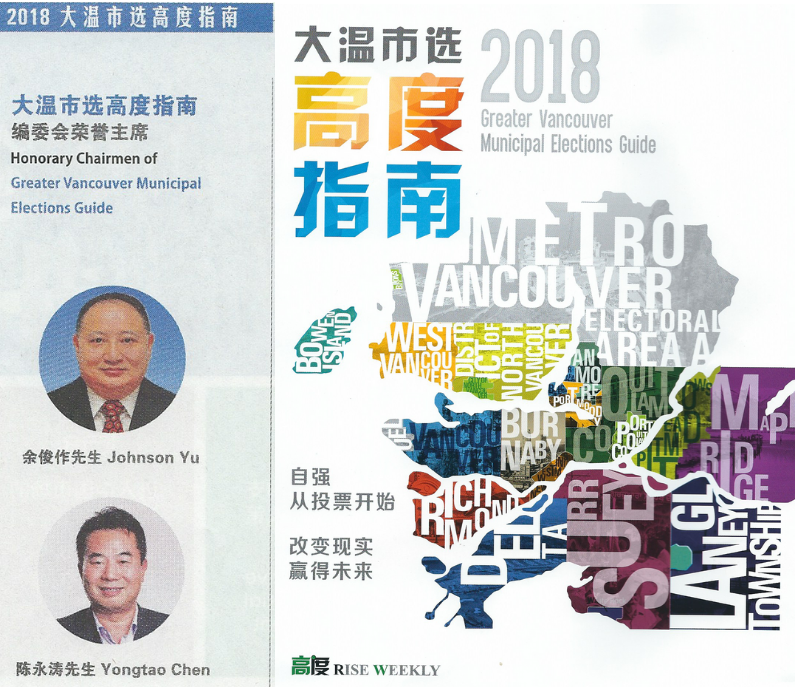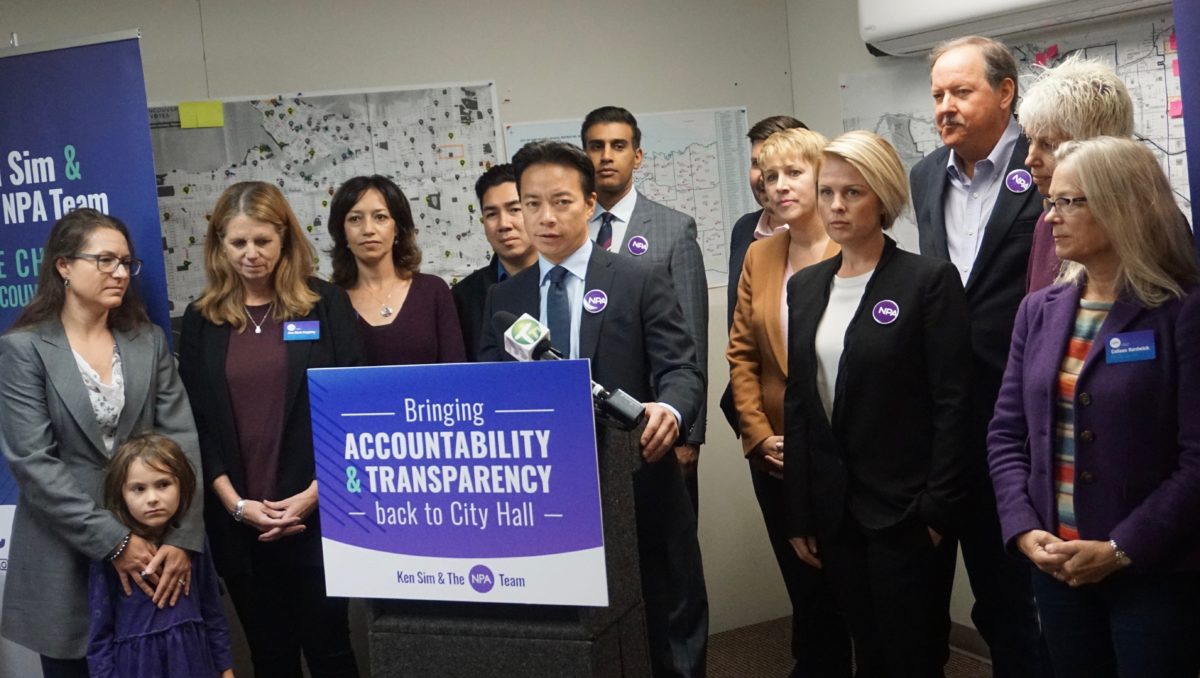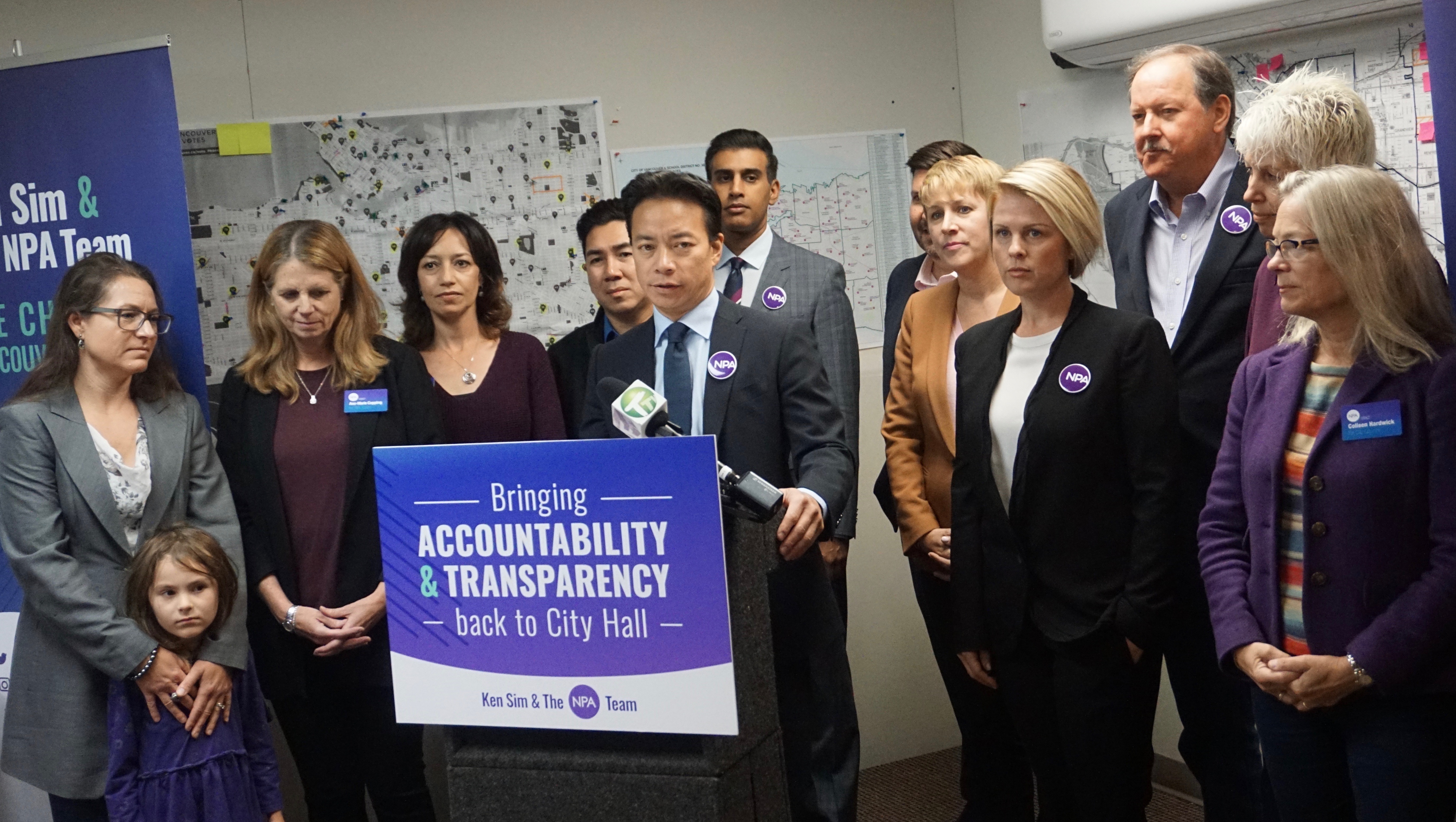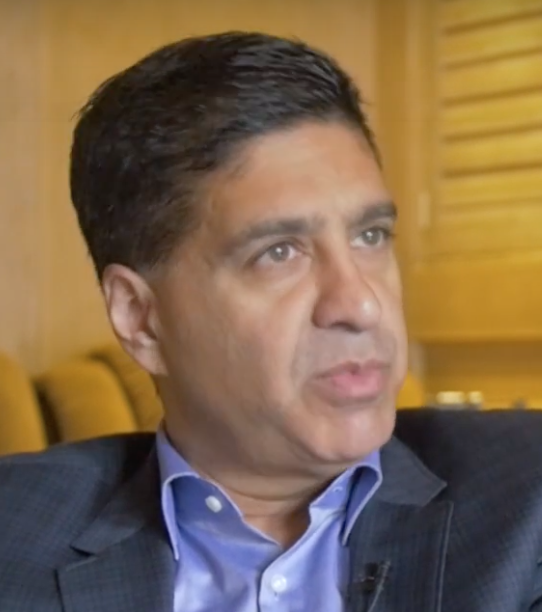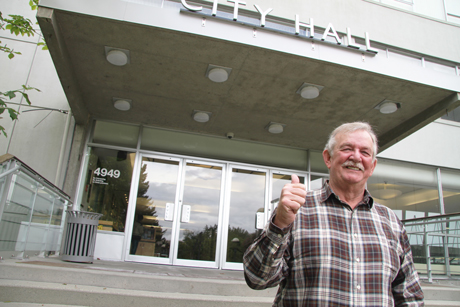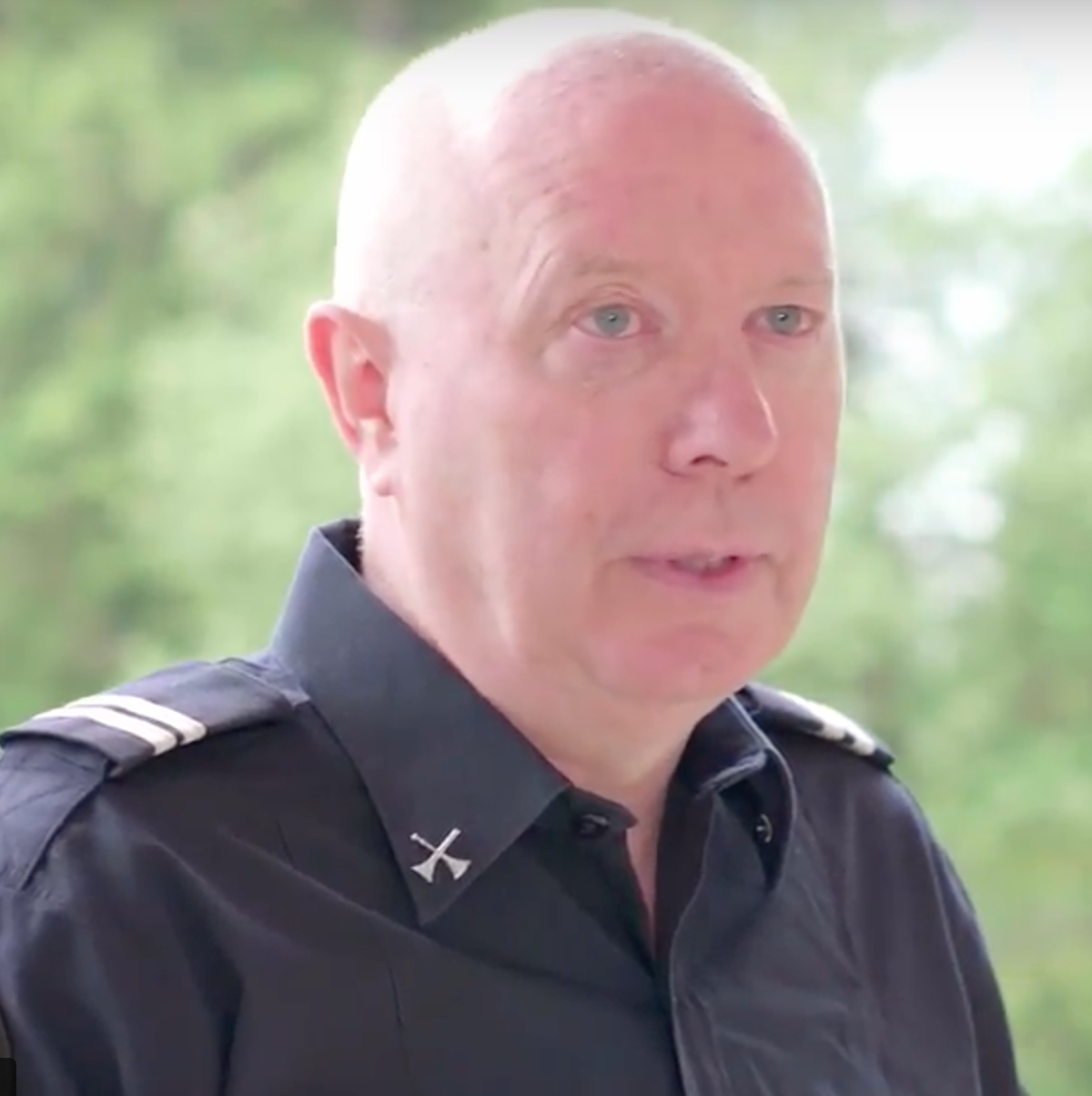Reports warn of China’s sharp power and university infiltration
Bob Mackin
Two reports published in the same week by think tanks in separate hemispheres both warn of China’s increasing influence in democratic countries.
In the Macdonald-Laurier Institute’s “Hard Edge of Sharp Power: Understanding China’s Influence Operations Abroad,” J. Michael Cole wrote that China’s soft power campaign under president-for-life Xi Jinping has given way to sharp power, because spending on media, partnerships, academic outreach and the cultural industry have not borne fruit.
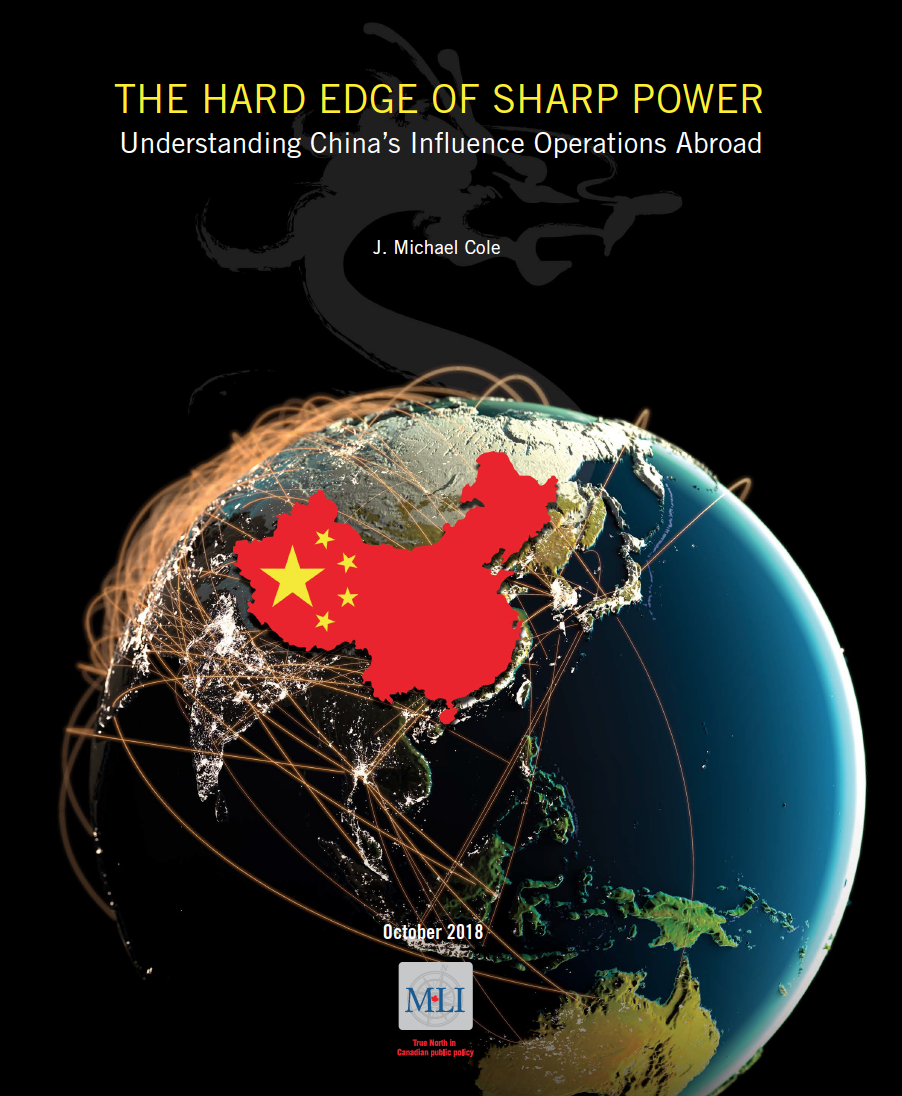
Macdonald-Laurier Institute research on China’s influence.
“Given its inability to project a friendly face, the Chinese Communist Party (CCP) has had to increase its reliance on other, less overt ways of promoting Chinese interests internationally,” said Taipei-based security analyst Cole in the Oct. 25 report. “The term sharp power describes what had hitherto been referred to as political warfare or influence operations. Sharp power encapsulates a strategy by autocratic regimes that ‘pierces, penetrates, or perforates the political and information environments in the targeted countries’.”
The report comes more than two weeks after revelations about a pro-Beijing expats association in Richmond that offered a $20 “transportation subsidy” on WeChat for its members to vote on a list of recommended candidates in the Richmond, Burnaby and Vancouver civic elections. Richmond RCMP said on the eve of the Oct. 20 elections that it had insufficient evidence to recommend charges, but the investigation is ongoing.
Cole wrote that the CCP uses co-optation, bribery, incentivization, disinformation, censorship, and propaganda to further its international strategies.
“Examples include Beijing’s influence over multiple Chinese diaspora community associations abroad, its cultivation of current and former politicians in Australia, Canada and elsewhere, and efforts to censor books and publications critical of Chinese regime internationally.”
Cole’s report recommended, among other things, revising laws to ensure government officials are not co-opted by foreign agents. Retired government officials should be banned from working for foreign entities linked to authoritarian regimes for a minimum two years after leaving office.
He also said law enforcement and intelligence agencies need closer cooperation and government should expand outreach to educate the public on political warfare. “Improve outreach to Chinese communities, both for reassurance purposes and to benefit from their knowledge.”
The report also said it should be made more difficult for authoritarian regimes and their proxies to sue journalists and academics for defamation, and there should be beefed-up safeguards to stop wrongful dismissals or editors and journalists in Chinese-language media.
Cole cited CCP pressure on media abroad that led to the firing of Global Chinese Press editor Lei Jin after he tried to publish an obituary about Nobel Peace Prize winner Liu Xiaobo, and Helen Wang, Chinese Canadian Post editor, for publishing a piece critical of Liberal Ontario cabinet minister Michael Chan after complaints from the Chinese consulate and pro-Beijing groups.
“In 2016, Global Chinese Press also canceled a column by Gao Bingchen after he criticized Foreign Minister Wang Yi over his berating of a Canadian journalist who asked Wang a question about human rights during a visit to Ottawa,” Cole wrote. “Officials seeking to ingratiate themselves with Chinese authorities or to secure lucrative deals have also been complicit in the silencing of media coverage.”
Cole also mentioned ex-Ontario Premier Kathleen Wynne’s 2015 denial of access to Canadian media at three events with the party secretary of Jiangsu province, Luo Zhijun, during a Toronto visit.
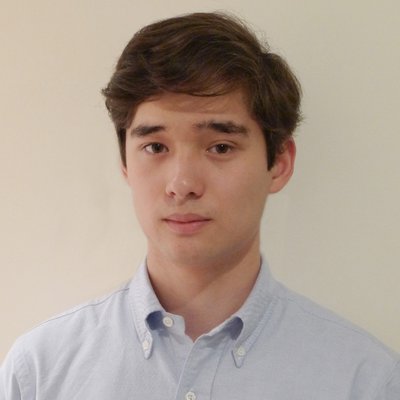
Australian researcher Alex Joske
“We are only in the beginning phase of understanding the nature and scope of China’s sharp power challenge. Simply put, we have failed to pay enough attention to China over the years, or believed, as many did, that engagement would eventually turn the regime into a more liberal, if not democratic, partner in global affairs. Developments in China under Xi Jinping have put an end to such hopes. If we are to fashion the right response to that problem, we must first better understand China and the CCP. We can no longer afford to regard it as a distant phenomenon.”China
Meanwhile, Alex Joske’s Oct. 30-published “Picking flowers, making honey: The Chinese military’s collaboration with foreign universities” report said approximately 300 Chinese military scientists have been sent to Canada to collaborate with universities since 2007. A total of 2,500 linked to the People’s Liberation Army have been sent to various countries.
China has sent PLA scientists abroad who specialize in nuclear and chemical weapons, tank technology and aerodynamics. University of Waterloo, University of Toronto and McGill University are among the 10 most-active collaborators with China, as measured by peer-reviewed publications from 2006 to 2017.
“Helping a rival military develop its expertise and technology isn’t in the national interest, yet it’s not clear that Western universities and governments are fully aware of this phenomenon,” wrote Australian Strategic Policy Institute researcher Joske. “Some universities have failed to respond to legitimate security concerns in their engagement with China. Current policies by governments and universities have not fully addressed issues like the transfer of knowledge and technology through collaboration with the PLA. Clear government policy towards universities working with the PLA is also lacking.”
Joske recommended governments limit technology transfer, better scrutinize visa applications from Chinese military scientists and enact new laws targeting military end users.
“Governments should also consider increasing funding to strategic science and technology fields, while actively limiting problematic foreign investment in those fields,” he wrote. “Universities must recognize the risks of such collaboration and seek to learn the extent and nature of their collaboration with the PLA by actively working with government, civil society and security professionals.”
Support theBreaker.news for as low as $2 a month on Patreon. Find out how. Click here.
Bob Mackin Two reports published in the same






